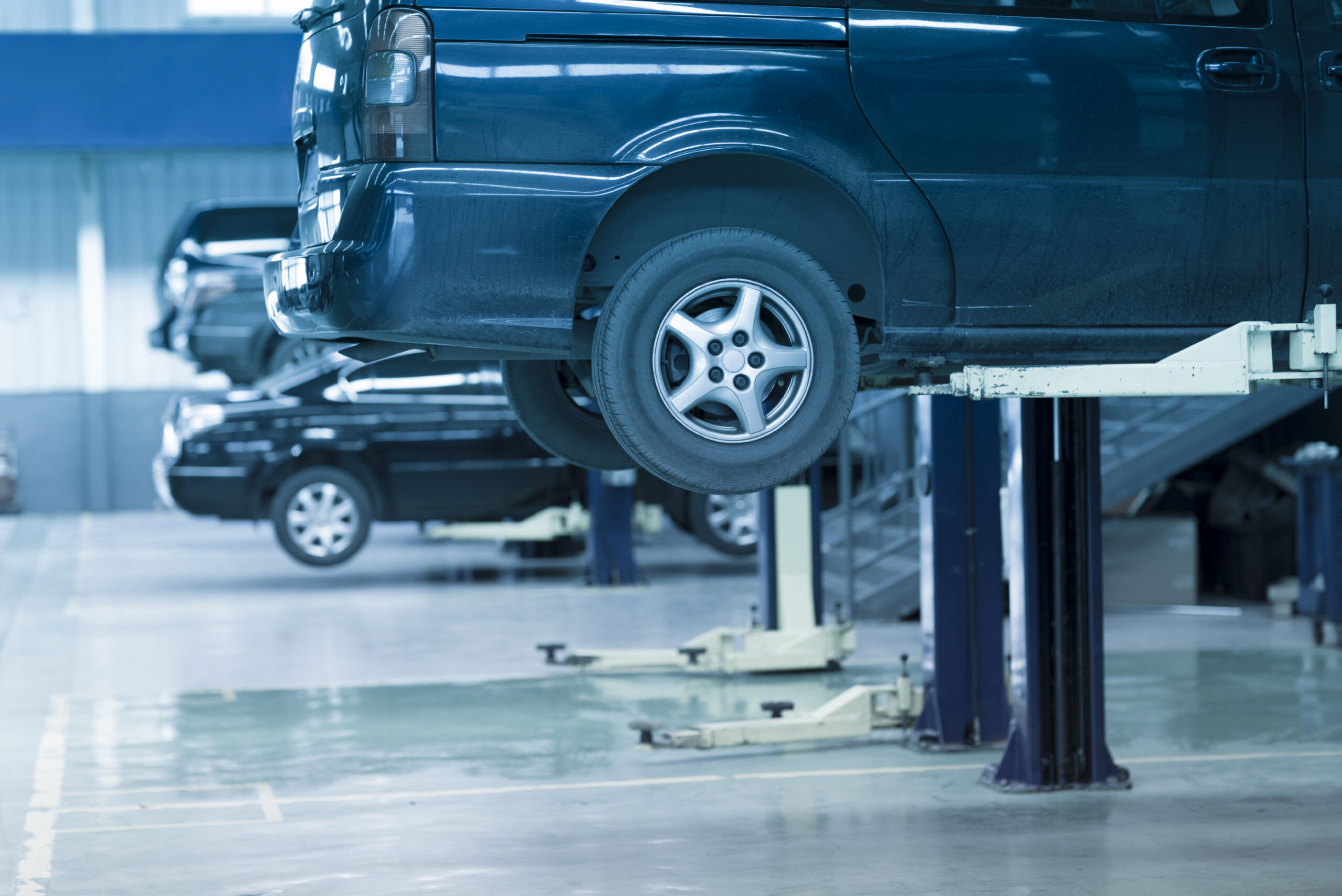Regulations Across Your Dealership: The Body Shop
There are thousands, if not tens of thousands, of parts in a single automobile. As we’ve discovered over the course of this series, there’s an almost equivalent number of federal rules that bear on the people who advertise, sell, service, and secure financing for consumer vehicles.
But what about the people who actually handle those thousands of components? In the eyes of federal regulators, the many glass, plastic, metal, and chemicals flying around an automotive repair shop mean plenty of opportunities for unsafe behavior. So make sure the team in your body shop knows how to do their job safely, in compliance with the following rules:
- The Clean Air Act reduces pollution by regulating air emissions. Under the Act, dealerships are forbidden from messing with devices, such as catalytic converters, air pumps, and positive crankcase ventilation systems, that limit emissions.
- The Environmental Protection Agency has in place certain hazardous waste rules that regulate how dealerships can store, transport, and dispose of hazardous wastes, which include used oil, fuels, brake fluid, oil–water separator sludge, and more. Organizations must document, monitor, and test their hazardous waste storage systems, as well as report any leaks and spills (and maintain requisite insurance against such occurrences).
- The Occupational Health and Safety Administration’s Hazard Communication rules encompass the many labels, data sheets, disclosures, training procedures, and other forms of communication that inform workers at your dealership about the presence of hazardous chemicals and how to safely handle them.
- OSHA’s respiratory protection standards obligate dealers to, among other things, provide respirators to certain body shop workers, develop written guidelines about respirator use, offer free medical exams to exposed employees, and designate a qualified administrator to oversee the program.
- OSHA’s standards for workplace health and safety protect your employees’ well-being in all forms. These laws regulate everything from personal protective equipment use to accident reporting to proper workplace temperature—and much more.
Next: All Employees
In the conclusion to this series, we’ll pull together everything we’ve learned so far and run down a final list of regulations that impact all of your employees regardless of their department. But you don’t have to wait until then to overhaul your workforce compliance program. See how easy it is to manage workforce compliance initiatives across your dealership using our automated compliance platform.

